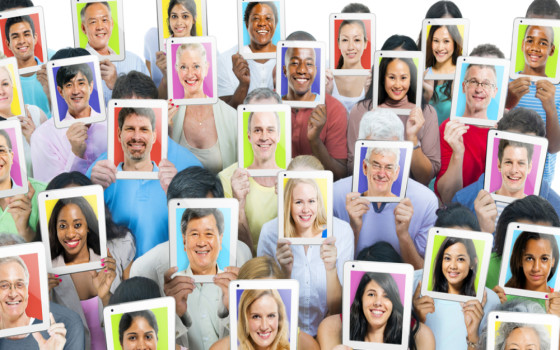
On the International Day to Combat Hate Speech, the United Nations warns of the increase in hate speech all over the world
Secretary General: It does not affect individuals and target groups, but society as a whole

- Europe and Arabs
- Sunday , 18 June 2023 15:17 PM GMT
Brussels-New York: Europe and the Arabs
Hate speech is on the rise around the world with the potential to incite violence, undermine social cohesion and tolerance, and cause psychological, emotional and physical harm to those affected.
Hate speech affects not only targeted individuals and groups, but also societies as a whole.
Unfortunately, the devastating effect of hate is nothing new. Today, however, its scale and influence have been amplified by new communication technologies, to the point where hate speech has become one of the most common methods of spreading divisive rhetoric and ideologies on a global scale. Left unchecked, hate speech can harm peace and development, as it paves the way for conflicts, tensions, and widespread human rights violations.
Background Information
In July 2021, the United Nations General Assembly highlighted global concerns about the “accelerating spread and spread of hate speech” around the world, and adopted a resolution on “Promoting Interreligious and Intercultural Dialogue and Tolerance in Countering Hate Speech.”
The resolution recognizes the need to combat discrimination, xenophobia and hate speech and calls on all relevant actors, including states, to increase their efforts to address this phenomenon, in line with international human rights law.
The resolution declared June 18 as the International Day Against Hate Speech, which will be observed for the first time in 2022.
To mark the day, the United Nations calls on governments, international organizations, civil society groups and individuals to convene events and initiatives that promote strategies to identify, address and combat hate speech. The President of the General Assembly convened an informal high-level meeting to celebrate the first International Day which took place on Monday, 20 June 2022, at 10 a.m. EDT in the General Assembly Hall in New York City.
Whether we are members of the private sector, media and internet companies, religious leaders, educators, civil society actors, affected by hate speech, youth, or simply as an individual, we all have a moral duty to speak out firmly against instances of hate speech and play a critical role in combating this scourge.
the origin
Hate speech is not only a denial of the organization's core values, but it also undermines the core principles and goals of the UN Charter, such as respect for human dignity, equality and peace.
Promoting human rights and combating hate is at the heart of the organization's mission, and the United Nations has a duty to confront the global issue of hate speech at every turn.
The impact of hate speech extends across many of the current UN focus areas, from protecting human rights and preventing atrocity crimes to preserving peace, achieving gender equality and supporting children and youth.
The International Day Against Hate Speech is an initiative that builds on the United Nations Strategy and Action Plan on Hate Speech launched on 18 June 2019. This first UN system-wide initiative designed to tackle hate speech provides a basic framework for how the Organization can support and complement the efforts of States.
The strategy emphasizes the need to confront hate comprehensively and with full respect for freedom of opinion and expression, while working in collaboration with relevant stakeholders, including civil society organizations, the media, technology companies, and social media platforms.












No Comments Found